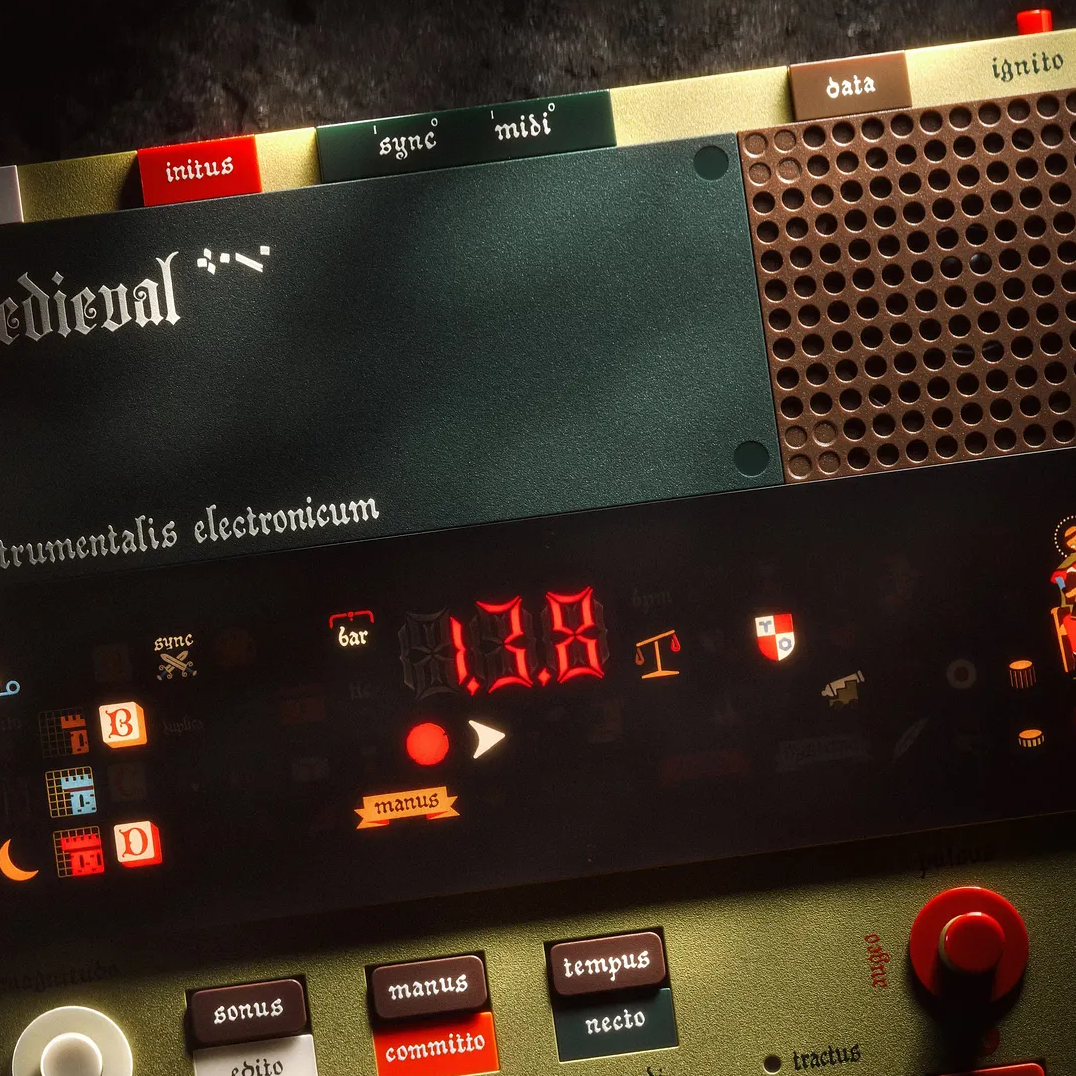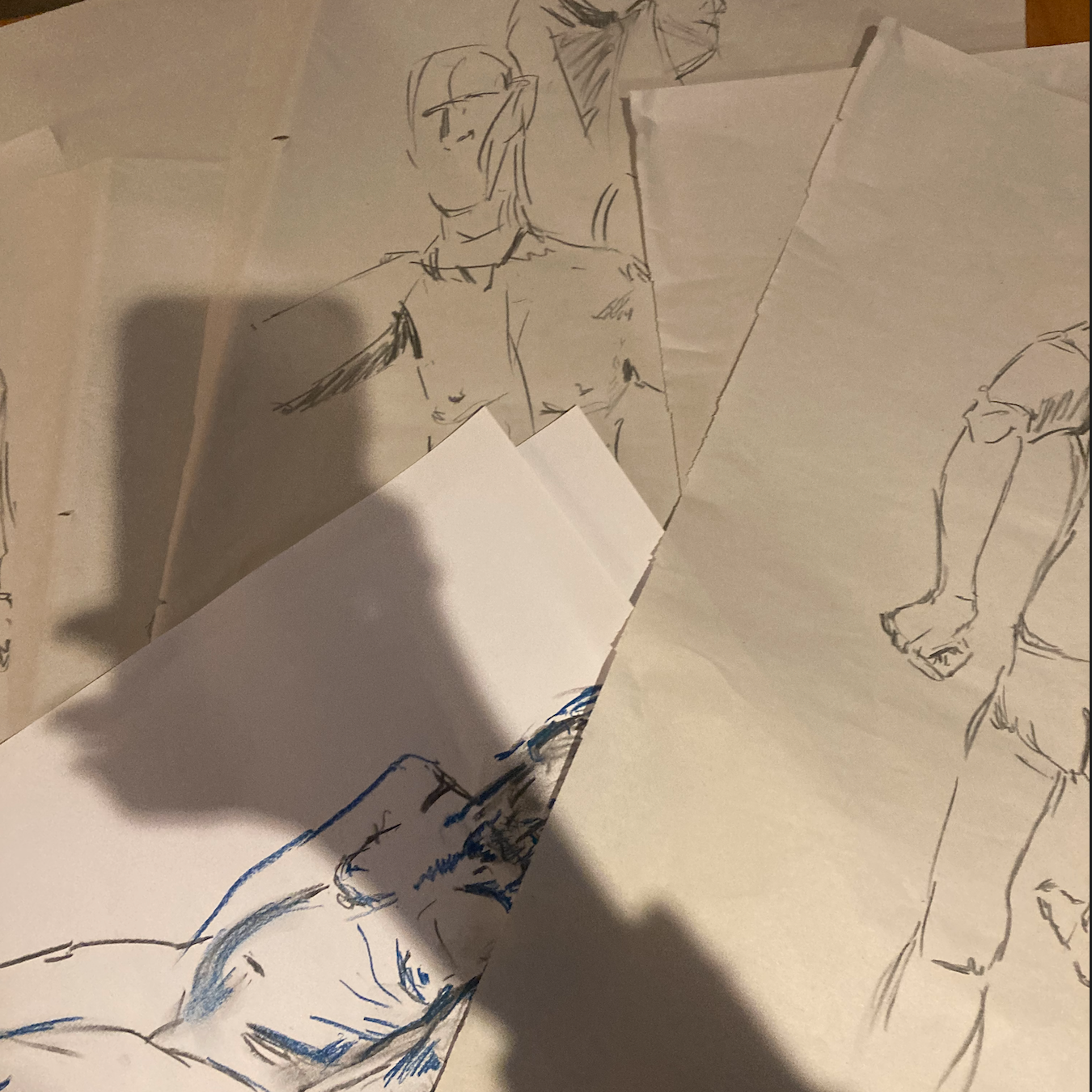13/03/2025
Chat rooms harken back to a simpler time when the internet was a location. The immobile desktop computer in your living room. You logged on, ventured into a new and exciting world, and logged off, “the Internet was more a curiosity than a necessity” We are now perpetually wired in. Always connected, all the time. With the rise of influencer culture and branded ads, the user is now the commodity. Selling ourselves, selling a brand, a lifestyle, a product etc. We’ve entered a new era of the internet, but is it too late to go back?
My internet nostalgia
My early teen years derived from online internet fandoms. I don’t think it's well known but I was a massive nerd growing up. I loved Harry Potter, and consumed a lot of media from the fandom: youtube breakdowns, fan art and Wattpad fanfics. I spent a lot of time on Wattpad, I still have it now because I'm a victim of nostalgia. I still dream about the old days of the app, before it was taken over by premium features and limitless ads. I read a lot of terrible books there. But also a lot of amazing ones, written by very talented writers.
Wattpad was my Tumblr. I never made it to Tumblr, it was a bit too emo for me. But my favourite part about the app was the comment section… a precursor to the beloved TikTok comment section. Love it or hate it, people have opinions and they love sharing them.
This was early into the internet era where people realised they could be completely anonymous online, therefore completely and unabashedly insane.
Virtual online identities (it's fun to pretend)
There’s something alluring about being someone else, at least version of yourself, online. Whether that be truer or faker, only you can discern. Roleplaying with a virtual persona has always been such a fascinating topic for me, because we’ve all done it. From the early days of internet chat rooms, Club penguin, Habbo hotel and Stardoll it’s very simple to slip into an online persona.
Richard Bartle, a co-founder of MUD (multi-user dungeons) theorised that all MUD players could be condensed into 4 archetypes: achievers, explorers, socializers, killers.
This was a theory for the early stage of the internet, a text online role playing D&D type game. However, as over simplified as this may seem, I think this theory still holds for the same way we interact online today.
How would you characterise yourself? (TIKTOK edition)
Killer: Internet troll, you’re one to leave strong comments on videos, the devil’s favourite advocate, always ready to incite discourse.
Socializer: You have your own corner of the internet, with a close knit community you can rely on.
Explorer: You love to explore your FYP, falling into different social pockets, watching a wide array of different videos.
Achievers: You have a high amount of followers, and influence your subjects through ads and branded videos.
I wouldn't say it's a perfect system but I think it's a fascinating thought experiment.
Early internet design
Early social media was very simple, as a mostly text and photo based language, before the boom of video content. This meant that simple UI design led to a more authentic style of communication.
These sites were built with purpose, utilitarian in a need to aid you with a problem. E.g. reddit - ask a question, get an answer. Online chat rooms were its busiest between 4pm-8pm after school, before bed. Log on, log off. There wasn't any psychological design to make you stay forever, before the word ‘doom scroll’ was even thought to be coined.
Social media: New chat room era
Mina Le discusses in a youtube video how ‘Social media isn’t fun anymore’ and I’m inclined to agree.
We’ve tapped into a monetised version of social media in the last ten years or so. Influencers who can make a good amount of income from brand deals and sponsored ads. The inception of Instagram in 2010, led to the change to UI design for social media from the style of chat rooms. Social media is photo forward, you are the commodity, the focus. Over ⅔ of your Instagram screen is photos and videos. TikTok ran with this and now the entire screen is your feed. There’s a change in authenticity, revealing your personality is currency; it's weird to hide your identity.
This is because social media runs on an engagement based model; driven by algorithms constantly pushing shiny new content.
STAY, STAY, STAY.
Infinite scrolling, badges, streams, likes, reposts, notifications etc. it’s built for retention. We’ve strayed away from the original chat room model, we are all stuck in our own personal social media bubble, trapped in our algorithms. Gone are the days of collective community, the closest we get to those golden days are ‘Euphoria Sundays’ or any other episodic television that grips the nation.
The beginning of the internet was analog, everything was new so everything needed to be explained. Your folders were designed to look like folders so that you knew they were folders. Chat rooms were designed to look like rooms so that you knew they were a space to lounge, play and socialise.
But now everyone knows the score, we’re building and building upon levels of internet history and design. We can now operate in this minimalistic style of scrolling videos and feel satiated.
Bring back Microsites
In my corner of the internet (DesignTok, BlackTok and FashionTok), I came across a video called ‘Bring back Microsites’ by the artist Matthew Prebeg. He talks about the simpler days of the internet where websites had one simple purpose. He’s compiled a whole spreadsheet of microsites which I’ll link here - It’s worth taking a deep dive into the spreadsheet, there’s so many different resources and sites collected over there, there’s truly something for everyone - my favourite is Puzzmo.
I took a stab at creating my own online graphical chat room, as a part of my UX design masters dissertation. It’s one of my favourite projects so far. If you’re interested in checking out the full project, I’ve linked in here
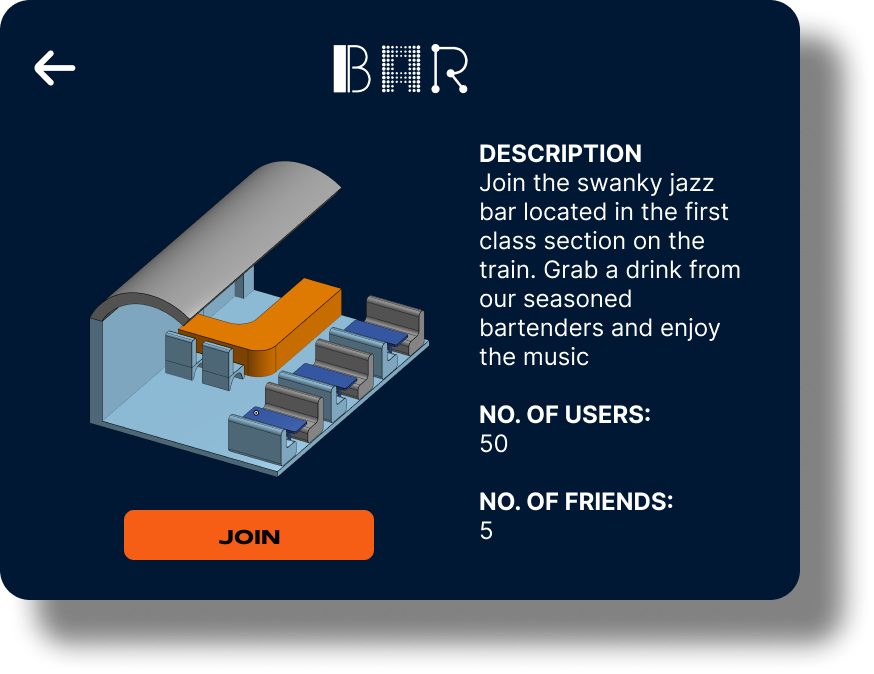
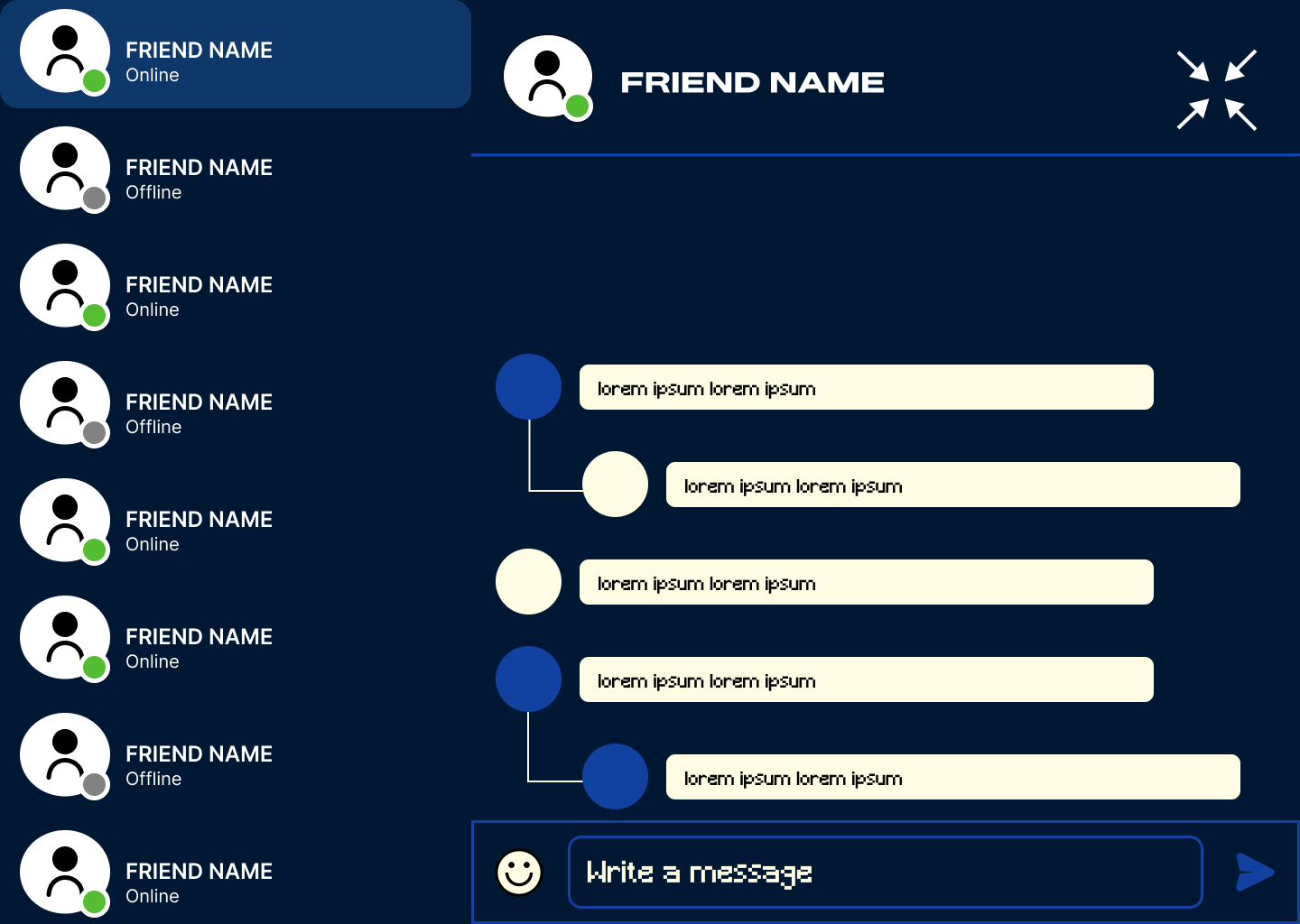
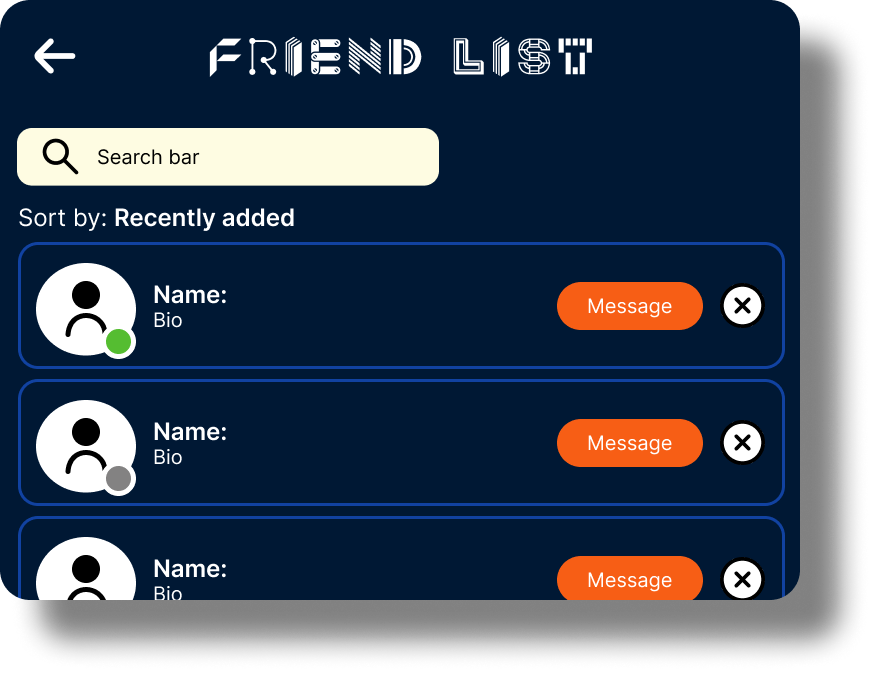
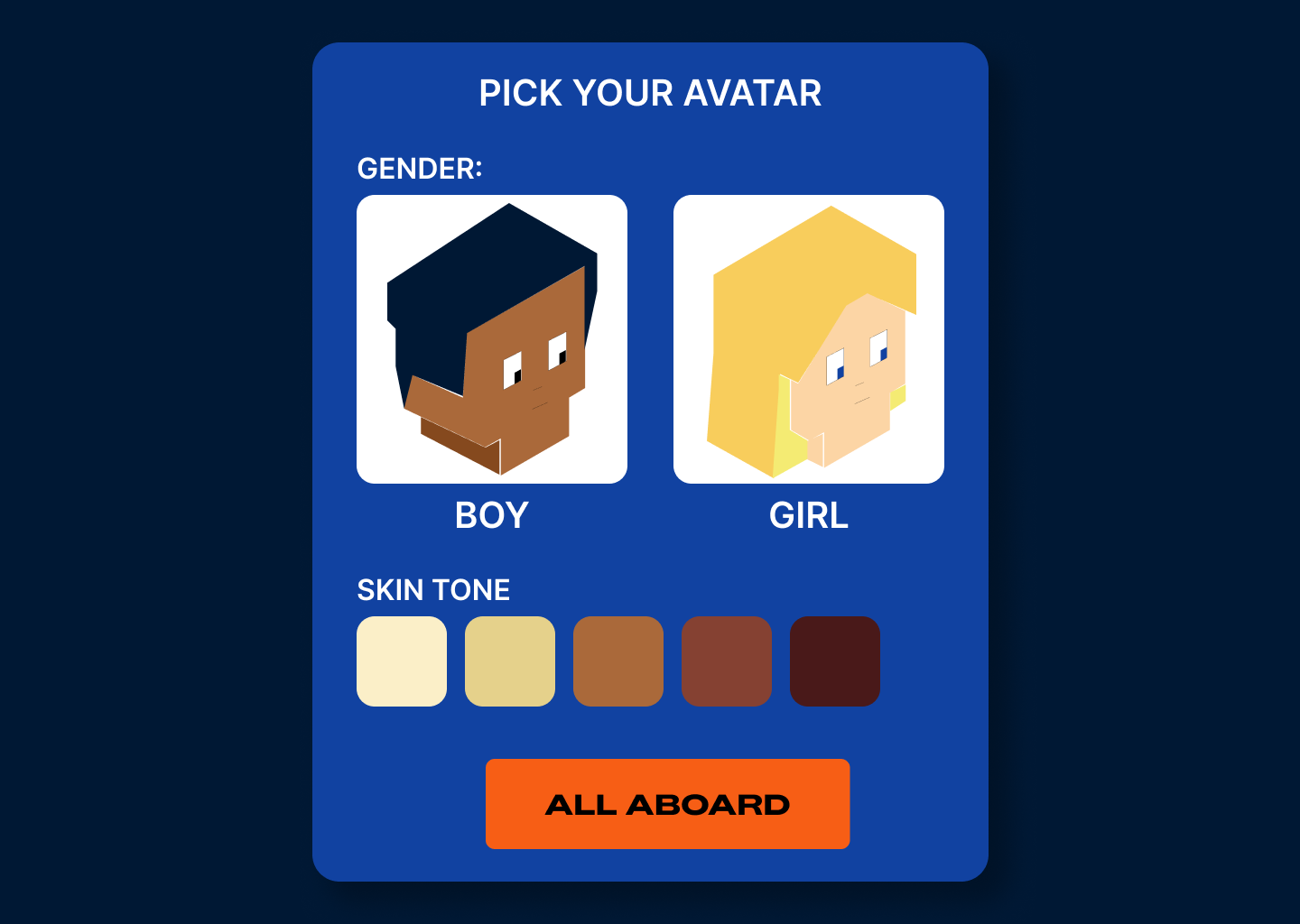
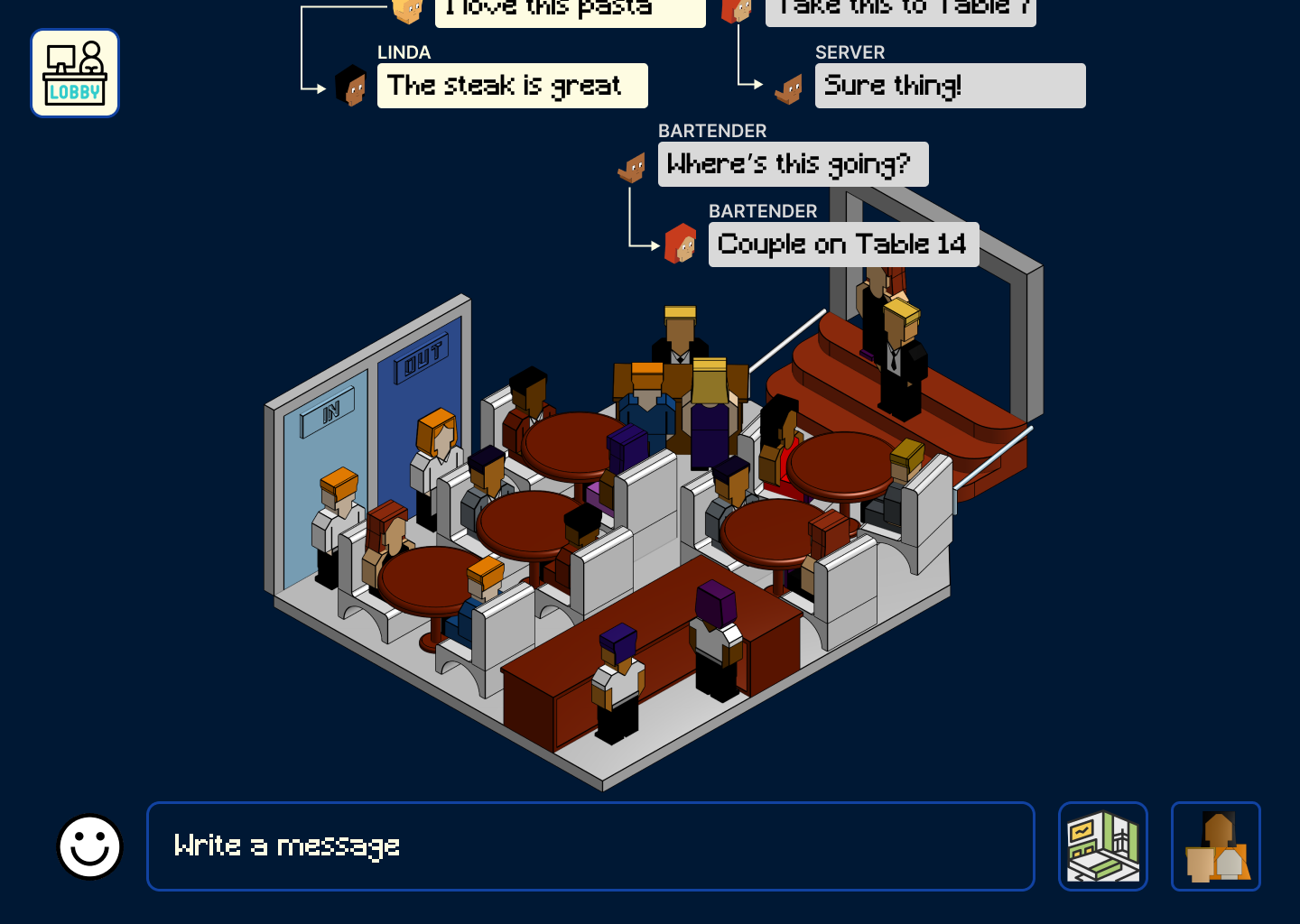
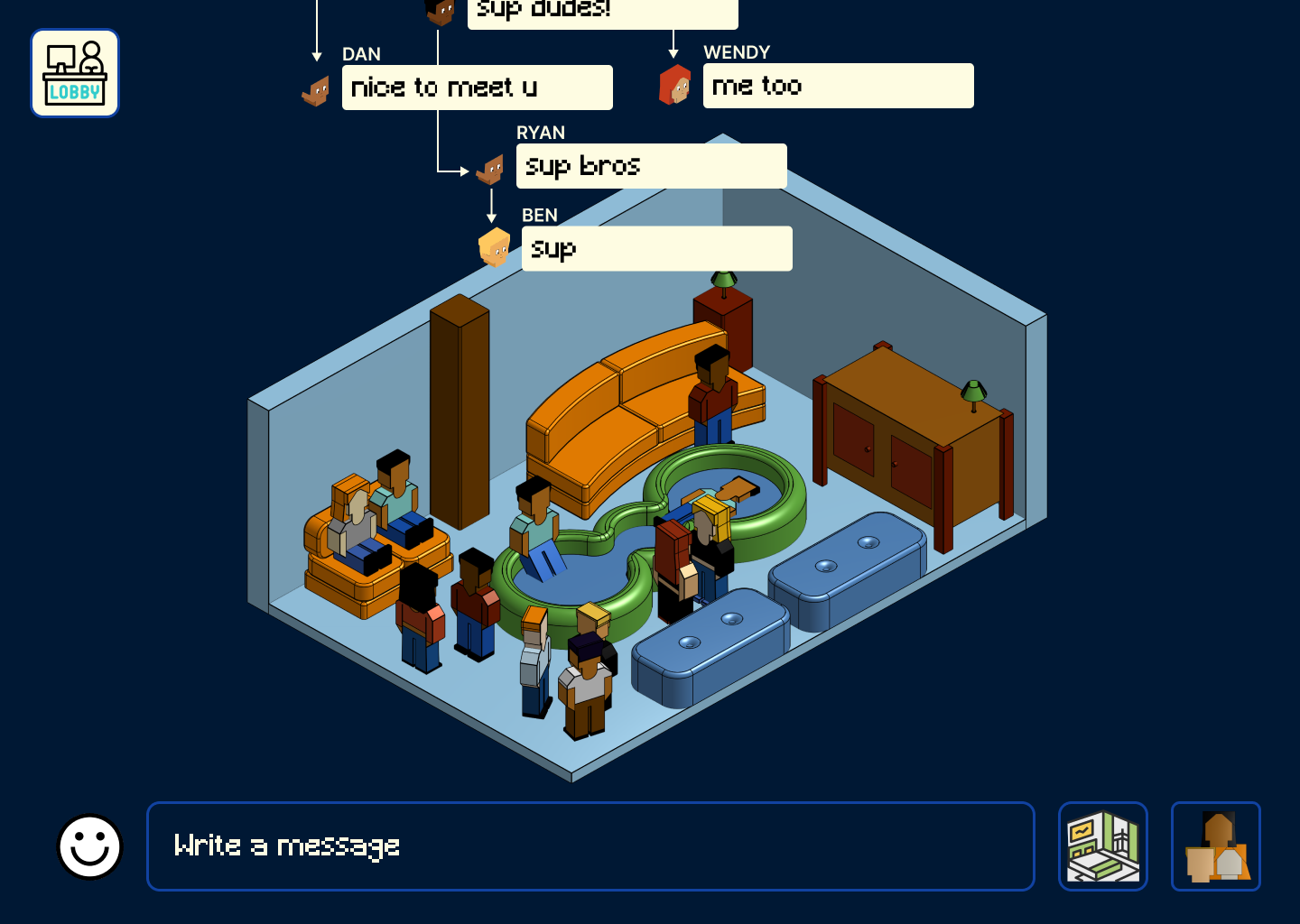
To Close,
If you’re interested in the nitty gritty of social interactions online, turn taking, and quasi-synchronous communication, I can send some articles that take more in depth of the subject. I wrote my dissertation of social interactions in chat rooms and found the whole phenomenon on online worlds super fascinating.
Let me know your thoughts! Are you happy with this internet age or do you yearn for the past?
Till next time!
xoxo
